Classic Song Review: Learning to Listen to 'Voices Carry'
It took me a long time to finally really listen to the Til Tuesday song, 'Voices Carry,' but when I did, it was a revelation.
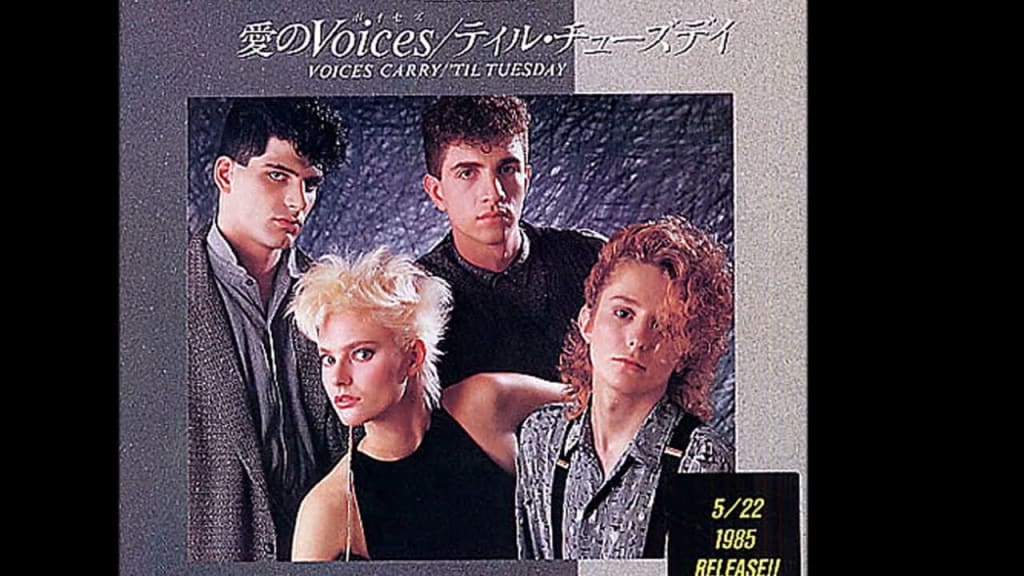
Aimee Man is a brilliant songwriter and clearly always has been. My thesis statement for that admittedly not very bold claim is the 1984 song, Voices Carry, performed by Aimee's then band Til Tuesday. In many ways, this is a classic pop song. It has the structure and the strengths of a great pop song. You can, as I did for so many years, passively enjoy Voices Carry as a classic example of 80's pop music. Listening to it today however, and with the context of the incredibly simple but effective music video, you find layers and layers of relationship lore and a narrative of casual abuse that is carefully and brilliantly layered into this four minute pop song.
Voices Carry tells the story of a relationship between a young woman finding her voice for the first time and the man who is determined to keep that voice silent. The video begins on a narrative thread with the man, played by actor Cully Holland, passive aggressively belittling Aimee's music career, her band and her look. In a voice dripping with condescension, the man says "I'm SO happy the band is doing well. By the way, what's with the hair? Is that part of the new 'image.'" If you're skin doesn't crawl hearing this man talk, you need to listen again with a new understanding.
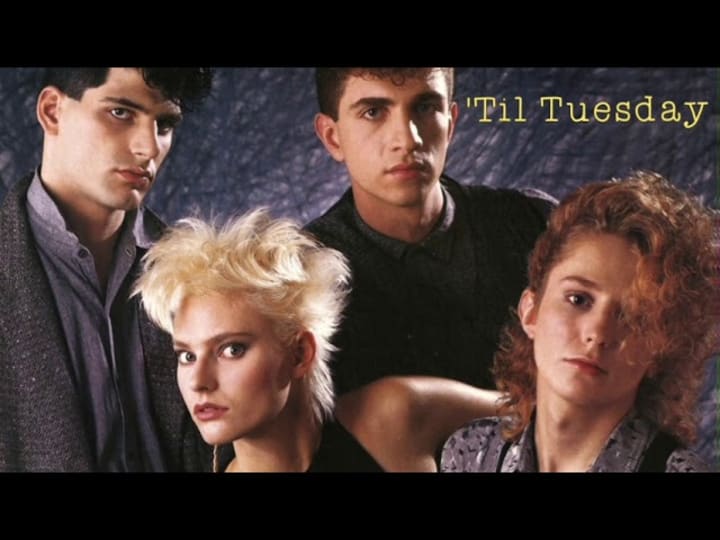
Aimee Mann's opening lyrics are striking and beautifully set the tone for the song and the state of this relationship:
"In the dark I'd like to read his mind, but I'm frightened of the things I might find."
That brilliantly evocative lyric is haunting, it lingers as the song continues. The opening of the song layers in Aimee's insecurity and the excuses she's making to herself about his dismissive behavior towards her. Before long we get to the heart of something in the title of the song that Aimee the character is only beginning to understand about him and herself. When she says I love you, he tells her to keep it down. Voices Carry. Why would he say that? Is he ashamed of her? No, they're in public together in a couple context, he's not ashamed to be seen with her.
So what's really happening here? It's about control. It's about him telling her how and when she can express her feelings. He's using the notion of propriety and manners in public to exert control over her. She can say I love you but only in the context that he allows it. He gets upset if she expresses her emotions outside of the context of his control. That notion is at the heart of the abuse going on between this man and Aimee, the character in the song and video. By this point in their relationship, it's clear she's coming into her own, finding a voice and giving power to her own words. He intends on keeping control, asserting his will, pretending that it's about some ancient notion of propriety and manners is just a cover for his controlling nature.
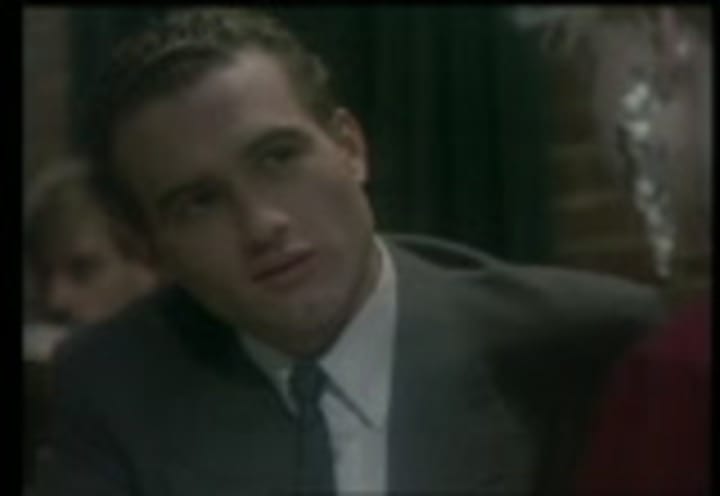
In the music video, this point is made even clearer in a visual. Aimee is wearing a stylish, over-sized earring, expressive of her growing personality and sense of herself, her style. In the visual, the man reaches over the table and removes her earring and replaces it with a pair of more conservative, expensive, earrings, jewelry more in keeping with his style, the classic 80's rich guy. Once again, he's asserting his control over her. It's rendered more insidious by trying to hide his abusive control in the form of what might be mistaken as a generous, expensive gift. It would be easy to miss if you saw this interaction in public. I can see in my mind's eye, some of you shaking your head, lost to the concept that a generous gift could be anymore than just a generous gift. Keep reading.
The next series of lyrics are some of the most powerful and revealing.
"I try so hard not to get upset, because I know all of the trouble I'll get."
The word 'trouble' is doing a lot of heavy lifting in this line. It's mundane enough to indicate that she just doesn't want to endure the griping or arguments that might come from her showing her emotions. Or, it could mean that she fears his more direct abuse and the exerting of control over her. People who have suffered abuse understand on a fundamental level the idea of going along to get along, hide your feelings so as not to set off an often unpredictable abuser hidden inside a seemingly loving partner.
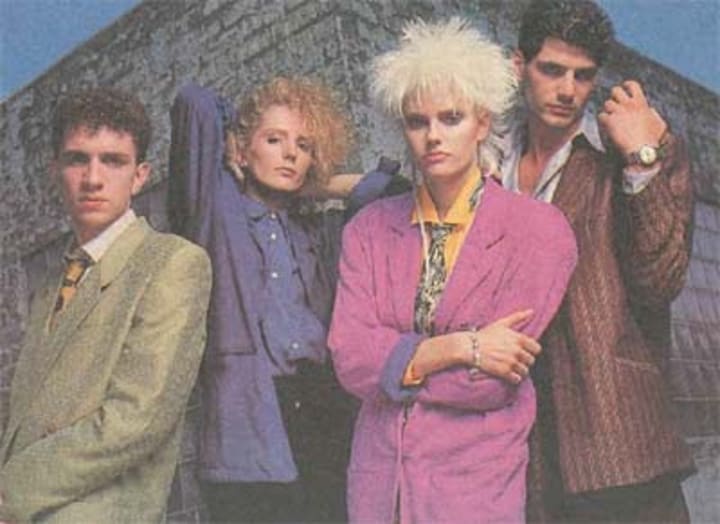
"Oh, he tells tears are something to hide, or something to fear. And I try so hard to keep it inside, so no one can hear."
"Tears are something to hide or something to fear" is a line of remarkable emotional weight. Essentially, he's telling her that she should be ashamed to cry, to express herself in such a display. But the second half of that line, 'or something to fear,' is chilling. She should be afraid to cry. What could he have possibly done to make her afraid to cry? That's the strongest indication thus far that this abuse is more than just emotional, there is some kind of physical intimidation, if not, outright physical abuse going on here if she's been made afraid to cry.
That's less than halfway through this song. From 1984. Aimee Mann in Voices Carry is talking about abuse in a fashion that only broke through into mainstream discourse fairly recently. This kind of emotional abuse that slowly evolves into physical abuse among intimate partners has always existed but as a culture we weren't listening. As a collective we weren't paying attention the way we are now and we're still not in a place where we've begun to stop this type emotionally manipulative abuse. I recently read on a dating profile, of all places, 'turn-offs: a controlling nature." I was once naïve enough to think you shouldn't have to tell someone not to try and control people. With more experience, I can now completely understand why this needs to be spelled out.

Consider Alpha Male culture or their kissing cousin, the Pick-Up Artist community. These are deeply unhealthy men for whom insults, emotional manipulation, and physical intimidation are the tactics they employ when it comes to relationships, romantic, friendly, or business relationships. These men do not see this as abuse, they see it as their identity. They see this as a hallmark of masculinity, of male identity. If that doesn't chill you to your bones, you need to wake up. This is not how a healthy human being treats people. It's certainly not how someone should treat a romantic partner.
The next two scenes gain even more emotional power. Aimee is seen with her guitar leaving for band practice. The man is returning home in his expensive suit and he doesn't want Aimee to leave. He physically tries to stop her but she escapes. When she comes home later, he denigrates her work, her art, her music, by calling it 'This little hobby of yours.' He then angrily demands, "When are you going to do something for me." Then he assaults her sexually. She relents, seems to consent, but the evidence of the rest of the song indicates she is going along to get along. She's placating him while also trying to salvage whatever it might have been that attracted her to him in the first place.
The two have sex but it's clear that she is trying to be the woman she was when they met and the woman he wants her to be. She's wearing a conservative wig and they are being intimate in a loving fashion, but only because she's playing the role of the woman he wants her to be. The second she goes back to being herself, he's upset again. The video and the song end with Aimee and this man at some sort of hoity toity performance, perhaps a classical music concert. Aimee is finally fed up with him. He's scoffed at her hair and tried to silently shame her. She reacts by starting to let her voice carry and be heard.
Eventually she screams:
Hush hush, he said shut up, he said shut up
Voices carry
Oh God can't you keep it down?
Voices carry
Hush hush
Voices carry
I wish he would let me talk
Once again, he tries to use the notion of manners, behavior, and setting to control her behavior and finally, she's had enough. She not only keeps talking, she shouts, she stands, she shouts, and she angrily demands that he stop stifling her. It's a powerhouse moment and he's finally in the position where a notion of propriety won't allow him to stop her. He can't be seen to be openly abusive and he sinks in his chair, trying to hide from the judgment of the crowd.
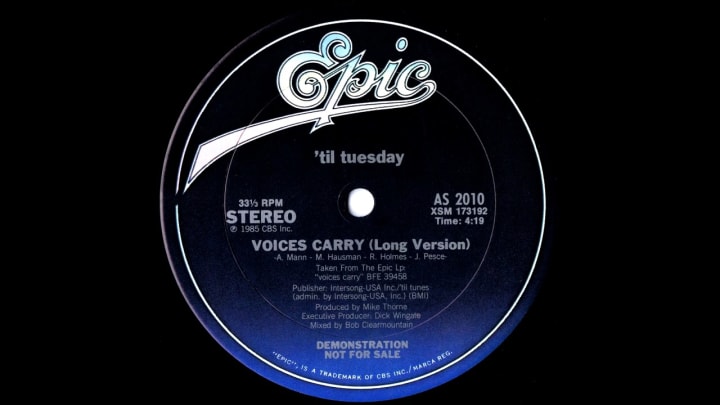
In a time before we ever talked openly about different kinds of abuse, physical, emotional, financial, and so on, Aimee Mann created a work of art that spelled it out without even having the kinds of tools we have today to recognize it. Today, we can recognize these triggers, these ploys that narcissists use to exert their will. For many men in 1984, this was beyond their understanding. Men have been raised with the notion that a man must be dominant, he must provide, he must be in control or he isn't properly masculine. I'm most certainly not making an excuse for abusers, I'm trying to help those struggling with this concept of what abuse is.
The male character in the Voices Carry video is somewhat broad, the ideas aren't, but he's clearly a villain. That said, you can be both a loving partner and abusive. It's not an easy concept to understand but when you try to manipulate your partner to do things you want them to do, you're approaching a level of emotional abuse. If you aren't communicating your feelings, i.e, why you think your partner should do the thing you want them to do, you're approaching a level of abuse. Tricking someone into being what you want them to be is a step on a scale of abuse.

Love is trust, love is communication. It's about a willingness to be vulnerable. You have to trust that your partner is going to take care with the things you are insecure about and not use those things to hurt you. It's about giving another person the keys to who you are and having faith that they won't use those keys to take everything from you. You can choose to risk being hurt, in minor or even major ways, ways forgivable or unforgivable, or you stay alone, at a distance from people. If you're not prepared to accept someone for who they are without you, you're not prepared to be in a relationship. If you can't tell your partner about what you want in a way that is not intended to manipulate them, you're not ready to be in a relationship.
Voices Carry has all of this in text and subtext. It's so incredibly rich with meaning. And yet, it's so remarkably simple. At its core, it's a remarkably good pop song, skillfully performed, catchy, something you could passively hear on the radio and miss the remarkable depths of emotions in play. It's one of my favorite songs of all time. It's legitimately, for me, a song that made me see the world differently. I honestly feel a better understanding of myself and my relationships to romantic partners better because of the concepts in this song and video. That's a great work of art. That's what great art strives to be. Something that gets to your core.
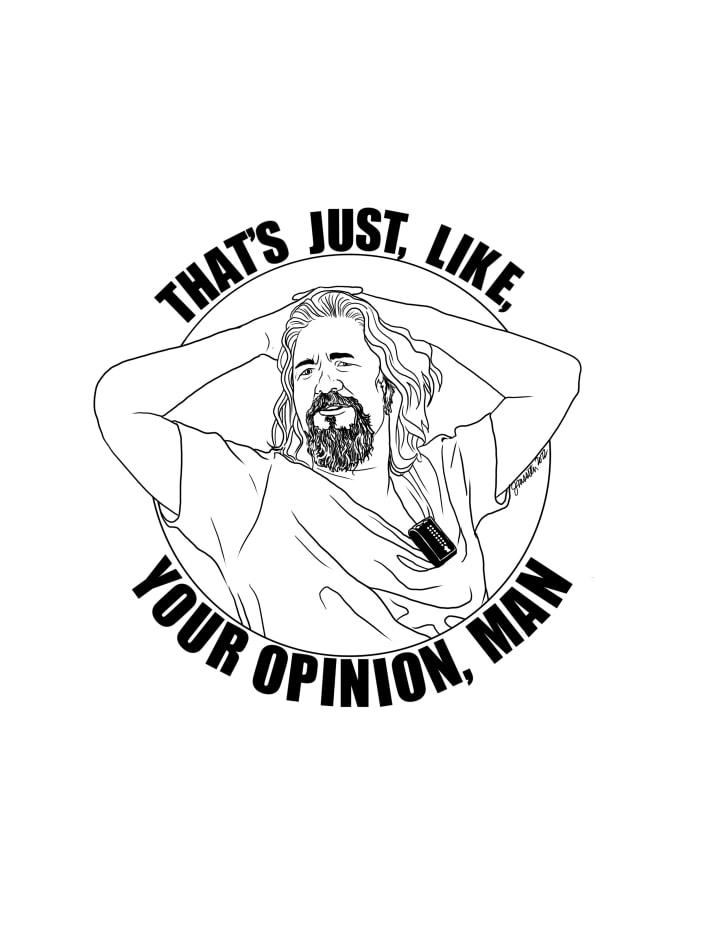
About the Creator
Sean Patrick
Hello, my name is Sean Patrick He/Him, and I am a film critic and podcast host for the I Hate Critics Movie Review Podcast I am a voting member of the Critics Choice Association, the group behind the annual Critics Choice Awards.




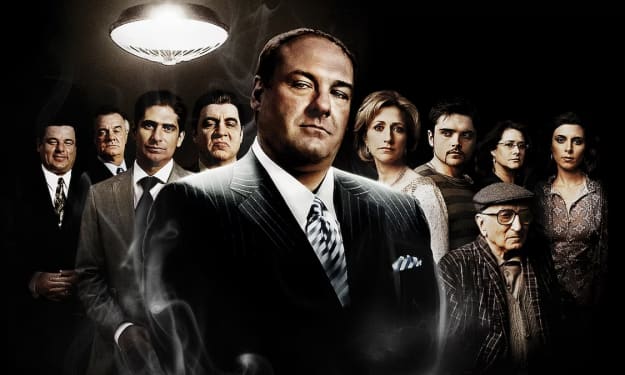

Comments
There are no comments for this story
Be the first to respond and start the conversation.